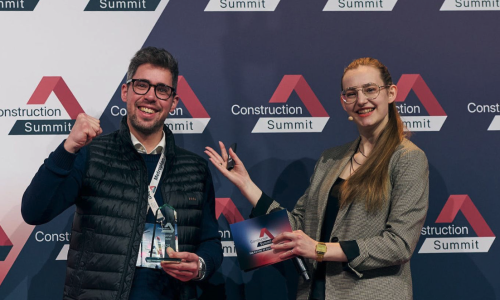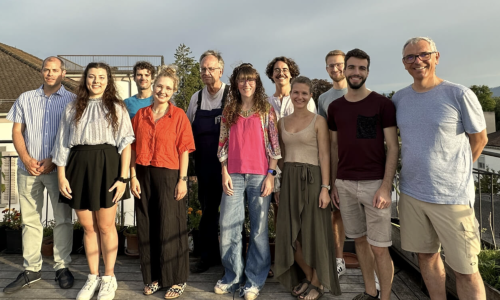1. How would you describe yourself using one word?
Very few questions get to the core of the matter as well as this one does. If they respond that they are a visionary but they are working as an accountant, you may have the wrong candidate. If they say they are accountable and work in operations, you have an ideal candidate. So, be honest when answering all of the questions. Take the time to find some adjectives that not only describe you but also fit with the requirements and tasks related to that job. Answer using only one word in order to show that you have really understood the question.
2. Why do you think you are the perfect fit for this company?
One key intention of a job interview is to get a better understanding of you as a person and how that translates into you being a good fit for that company. This question aims to find out about your understanding of the organisation’s work environment and goals. So be prepared and do your homework in advance. You should always underline that you have an outside view only.
If you feel confident and think the time is right, you could also reverse the question to discover why they think the company is a good fit for you. Don’t forget: hiring and recruitment is a two-way street.
3. What can you actually do for our company?
In startups, where the focus is on constantly scaling and evolving, recruiters have to focus on the value you can add to the company immediately. Thus, this question asks you to pinpoint exactly what you bring to the table and how those skills and experiences will push the organisation toward its goals.
4. What’s the best advice you’ve recently received and from whom?
By answering this question, you will show whether you are willing to receive advice and constructive criticism. It is really good to ask if you are getting a sense that the candidate has too much of an ego. Moreover, in the startup environment, it is common for criticism to be given not only top-down but also bottom-up. Finally, it is a great way to find out which messages actually stick with you and make an impact. In other words: is the candidate self-reflective?
5. Tell me about your last project — what worked out and what didn’t?
When you answer this one, interviewers will get an insight into how you deal with unexpected circumstances and then learn from them in order to improve yourself moving forward. This is particularly important in a fast-moving startup where both flops and triumphs will be the norm. So be prepared for questions like “Tell me about the biggest deal that didn’t work out”. And don’t forget to mention how you motivate yourself.
6. Which new ideas would you implement in this position?
Most startups aren’t just looking for someone who can keep things on track, they want someone who will innovate. Can you bring thoughtful, strategic, creative ideas to the table and really contribute here?
7. What will you do if you are unsuccessful in securing this opportunity?
As disappointment, rejection, and setbacks are common in a startup, interviewers are likely to pose this disheartening question. It gives an insight into the resilience of a person and their ability to plan for the future. If a candidate presents alternate next steps and has an idea of other developmental activities or strategies to achieve their desired goal, it is more likely they will adopt similar approaches in the workplace.




